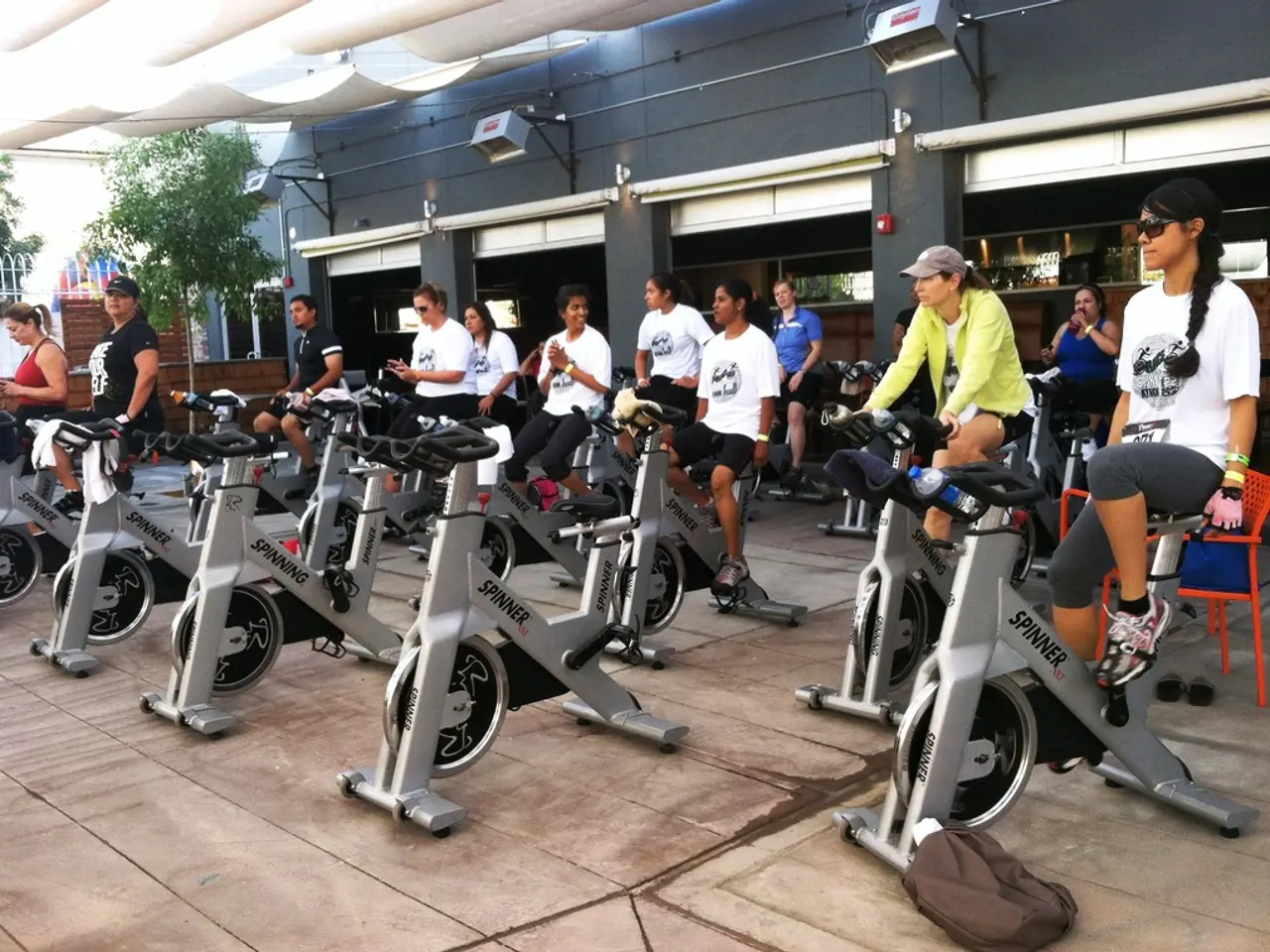Life Assessment: A Minority Adopts Healthy Lifestyles
The latest edition of the "How Healthy Does Germany Live?" report, published by the German Health Insurance (DKV), sheds light on the lifestyle habits of the German population.
- Alcohol Consumption: The report reveals that a significant portion of Germans consume alcohol regularly, with trends in both average intake and risky drinking behaviors. While exact numbers vary by age and gender, there is a notable share of adults engaging in alcohol use beyond recommended limits.
- Physical Activity: Physical activity levels among Germans are concerning, with many failing to meet the recommended guidelines of at least 150 minutes of moderate or 75 minutes of vigorous activity per week. A significant fraction of the population is insufficiently active, raising health risks.
- Sedentary Behavior: Time spent sitting or engaging in low-activity behaviors is substantial across various age groups, contributing negatively to overall health. Professor Ingo Froboese of the German Sports University Cologne famously declared, "Sitting is the new smoking."
- Healthy Eating: Dietary habits often fall short of nutritional guidelines. Consumption patterns frequently include high amounts of processed foods, sugar, and unhealthy fats, while intake of fruits, vegetables, and whole grains is generally below recommended levels.
The report underscores ongoing challenges in adopting and maintaining healthy lifestyle behaviors among Germans, pointing to a need for enhanced public health initiatives focusing on reduced alcohol consumption, increased physical activity, less sedentary time, and improved nutrition.
The survey for the report was conducted in February and March 2025, with data collected from around 2,800 people aged 18 and over. The report was created in collaboration with the German Sports University Cologne and the University of Würzburg.
For a more detailed breakdown by demographic groups, consult the latest version of the "How Healthy Does Germany Live?" report published by the relevant German health authorities. Key findings include women's diets being healthier than men's, and only 2% of the population meeting the criteria for a healthy lifestyle.
Birgit Sperlich, the scientific director of the study, emphasizes the importance of at least 60 minutes of physical activity per day to compensate for long sitting times. Furthermore, only about one in three meets the criteria for healthy eating, with a healthy eating style being achieved if at least 20 out of a total of 30 possible points are reached.
The report also highlights that only one in five manages to handle stress in a healthy way on a daily basis, and that nearly one in five people barely move in their free time and during transportation, with movements lasting less than 10 minutes in these cases.
Despite these concerning trends, more than two-thirds (68 percent) of respondents move enough in their daily lives to gain health benefits. However, only 32 percent of respondents meet the recommendations for minimal endurance activity and twice-weekly muscle training.
The report serves as a call to action for the German population to prioritize their health and adopt healthier lifestyle habits.
- The report stresses the need for mental health enhancement, as it indicates that only one in five Germans manage to handle stress in a healthy way daily.
- To combat sedentary behavior in the workplace, the implementation of workplace-wellness programs emphasizing fitness-and-exercise and regular breaks from prolonged sitting time is suggested.
- A holistic approach in health-and-wellness education is recommended, which includes promoting healthier food choices, encouraging a balanced diet rich in fruits, vegetables, and whole grains, and reducing intake of processed foods, sugar, and unhealthy fats.






